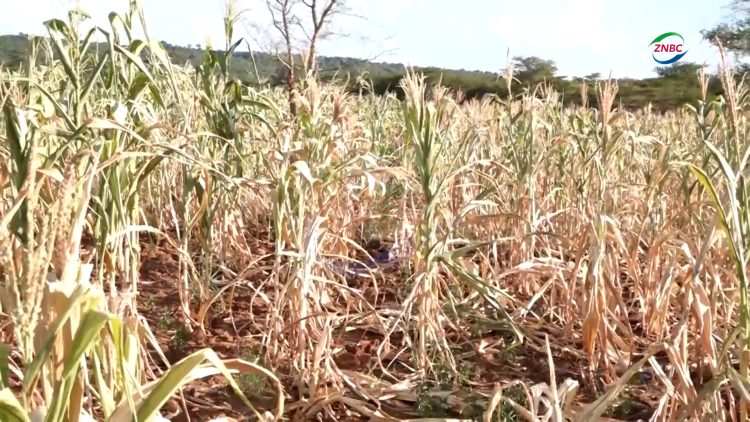IMF to Assess Devastating Drought Impact on Zambia’s Economy
The International Monetary Fund (IMF) is set to conduct an assessment in Zambia to evaluate the economic repercussions of the prevailing drought conditions.
Scheduled tentatively for mid-April, this evaluation aims to gauge the extent of the drought’s impact on growth prospects and the nation’s budget.
Zambia is grappling with severe drought conditions across 84 out of its 116 districts, disrupting the typical rainy season which spans from October to March. The conclusion of the rainy season in late January has exacerbated the situation, with crop losses proving to be significant.
Additionally, there’s a pressing need to augment energy imports due to the adverse effects on hydropower generation, which constitutes a substantial portion of Zambia’s electricity supply.
In response to the crisis, Zambian President Hakainde Hichilema recently declared the drought a national disaster and emergency, underscoring its devastating effects on food production and energy supply. The impact on agriculture, particularly the failure of maize crops, a staple food reliant on consistent rainfall, has left many small-scale farmers bereft of harvests.
Edner Soko, a subsistence farmer, lamented the loss of his maize and groundnuts crops due to the lack of rain. Jacob Soko echoed these sentiments, emphasizing the dire circumstances faced by farmers in various parts of the country.
Despite reassurances from some quarters regarding the immediate food security situation, concerns persist among farmers about their ability to meet basic needs and sustain livelihoods. With approximately 70% of the Zambian population reliant on food produced by small-scale farmers, the ramifications of the drought are deeply felt.
Yotam Mkandawire, the executive secretary for the Grain Traders Association of Zambia, acknowledged the country’s current food security status but cautioned about potential challenges in the future, particularly after the next harvest.
Meanwhile, aid organization Oxfam has issued a stark warning, estimating that six million people in Zambia are facing acute food shortages until the next growing season.
President Hichilema has pledged efforts to redistribute food resources from surplus regions to those most in need, while also appealing for international assistance to mitigate the crisis.
Additional source: AfricaNews



